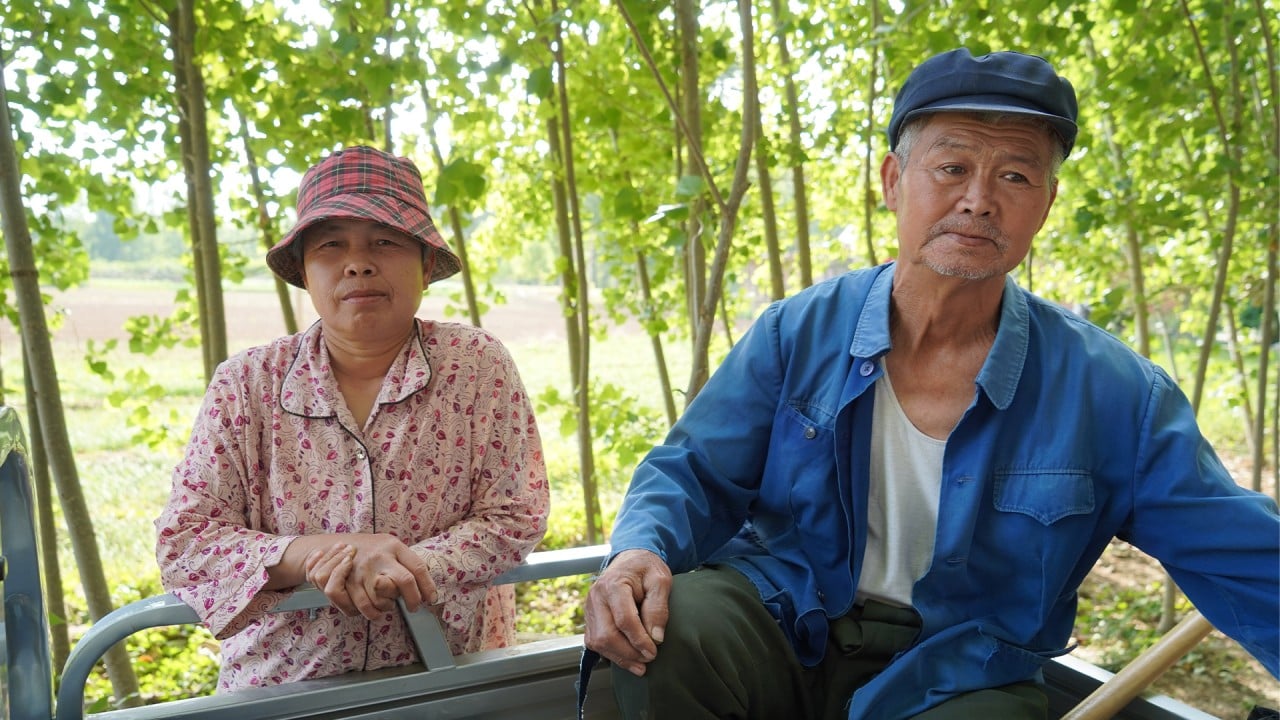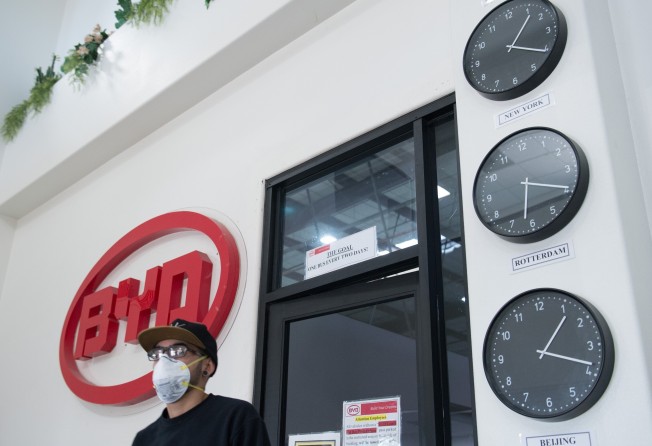
05:41
Why China's elderly farmers can't afford to retire

Who blinked first? It doesn’t matter. The news that top Chinese and US officials, State Councillor Yang Jiechi and Secretary of State Mike Pompeo, met in Hawaii is good for the world. Perhaps Beijing and Washington know it’s time to dial back their altercation over issues from trade and technology to Hong Kong.
Moreover, an outright divorce between the United States and China – or a decoupling of their economies – isn’t actually helpful to anyone when the two economies are so intertwined.
US-China trade has declined due to the imposition of high tariffs first by the Trump administration, then by Beijing in response. Chest-thumping talk of economic decoupling sounds tough, but US industries and investors know it is easier said than done, and highly risky. It will also negatively affect the economies of many other countries.
Beijing knows, too, that a sustained battle with Washington will hurt China. After all, it took decades of economic development to lift hundreds of millions of Chinese workers out of poverty and turn China into the world’s factory.

05:41
Why China's elderly farmers can't afford to retire
The US and China need to rethink their rules of engagement with each other. They can start by listening and acknowledging the validity of each other’s complaints, to carve a mutually agreeable path forward. The meeting in Hawaii could be the start of more down-to-earth dialogue.
China has achieved impressive technological advances, and Beijing naturally wants Chinese entrepreneurship to flourish, as Alibaba, Baidu, Huawei, JD.com and Tencent have. It was the exponential growth in both low- and hi-tech sectors that allowed China to overtake Japan as the world's second-largest economy in 2010.
While the US continues to be the largest economy, decades of offshoring and outsourcing have hollowed out its manufacturing sector. The share of manufacturing employment had dwindled to below 5 per cent of the population by 2018 and that of adults in middle-income households fell from 61 per cent in 1971 to 51 per cent in 2019.
Americans were already spooked by the Chinese government’s long-term strategies such as the Belt and Road Initiative and “Made in China 2025”, as well as other plans to achieve various modernisation goals by 2035 and 2050.
The Covid-19 pandemic has rubbed salt into the wound – exposing vulnerabilities in global supply chains that deliver antibiotics, painkillers, active pharmaceutical ingredients and personal protective equipment (PPE), and leading to Americans’ Sputnik moment.
Fear is a powerful driver. The US wants to divert supply chains away from China. The Trump administration is banning Chinese telecom giant Huawei and its suppliers from using US technology and software that produces or designs semiconductors.
China has its own plan to cut procurement of US telecom and networking equipment from suppliers such as Cisco Systems to zero by 2022. When Beijing retaliates, the pain that Chinese companies like Huawei are suffering now from Washington’s restrictions may also be felt by US hi-tech companies like Boeing and Tesla.
Clear thinkers in China know an abrupt and bitter divorce from the US after 40 years of mutually beneficial relations is a lose-lose situation. There are better options.
The first step for China is to reject any kind of war mentality. Premier Li Keqiang’s remarks on the importance of cooperation at the recently ended National People’s Congress meeting signalled Beijing’s pragmatism.
Could a new era of Sino-US relations be built on cooperation, starting with joint development of a Covid-19 vaccine? Could there be a mutually beneficial 5G “coopetition” that involves not only Chinese and US companies, but also South Korean, Taiwanese and European firms?
The second step is for China to help America reshore some manufacturing operations so that the US could rebuild its end-to-end production competency. An early priority could be PPE. Beijing could also work with Chinese industry and Washington to expand operations of Chinese brands such as Haier and BYD in the US, as Japanese brands Toyota and Honda did in the late 1980s.
Such a move could benefit all parties concerned. While Chinese companies hire more American workers, it may help American consumers embrace Chinese brands, like they did with Japanese brands.
At the same time, the Chinese government could develop a programme with the US that issues working visas to American graduates in STEM (science, technology, engineering and mathematics) and allows them to get practical training at leading companies in China, and to Chinese engineers and scientists helping the US develop competencies.
Currently, the US produces around 500,000 STEM graduates per year, whereas the number from China is much larger (4.7 million in 2016).
The third step is for China to assume responsibility as a leading nation by improving operational transparency, protecting intellectual property, enforcing environmental regulations, and cracking down on counterfeiting, especially with regard to drugs and food products that might cause physical harm. In doing so, China would earn the world’s respect.
Washington and Beijing need to calm down, reconsider the need for an economic decoupling, and establish a modus vivendi. While full cooperation may not be achievable, “coopetition” between the two giants would be welcomed by the world – and it could be good for the two countries as well.
Christine Loh is chief development strategist in the Institute for the Environment at Hong Kong University of Science and Technology. Christopher S. Tang is a distinguished professor and holds the Edward W. Carter Chair in Business Administration at UCLA Anderson School of Management